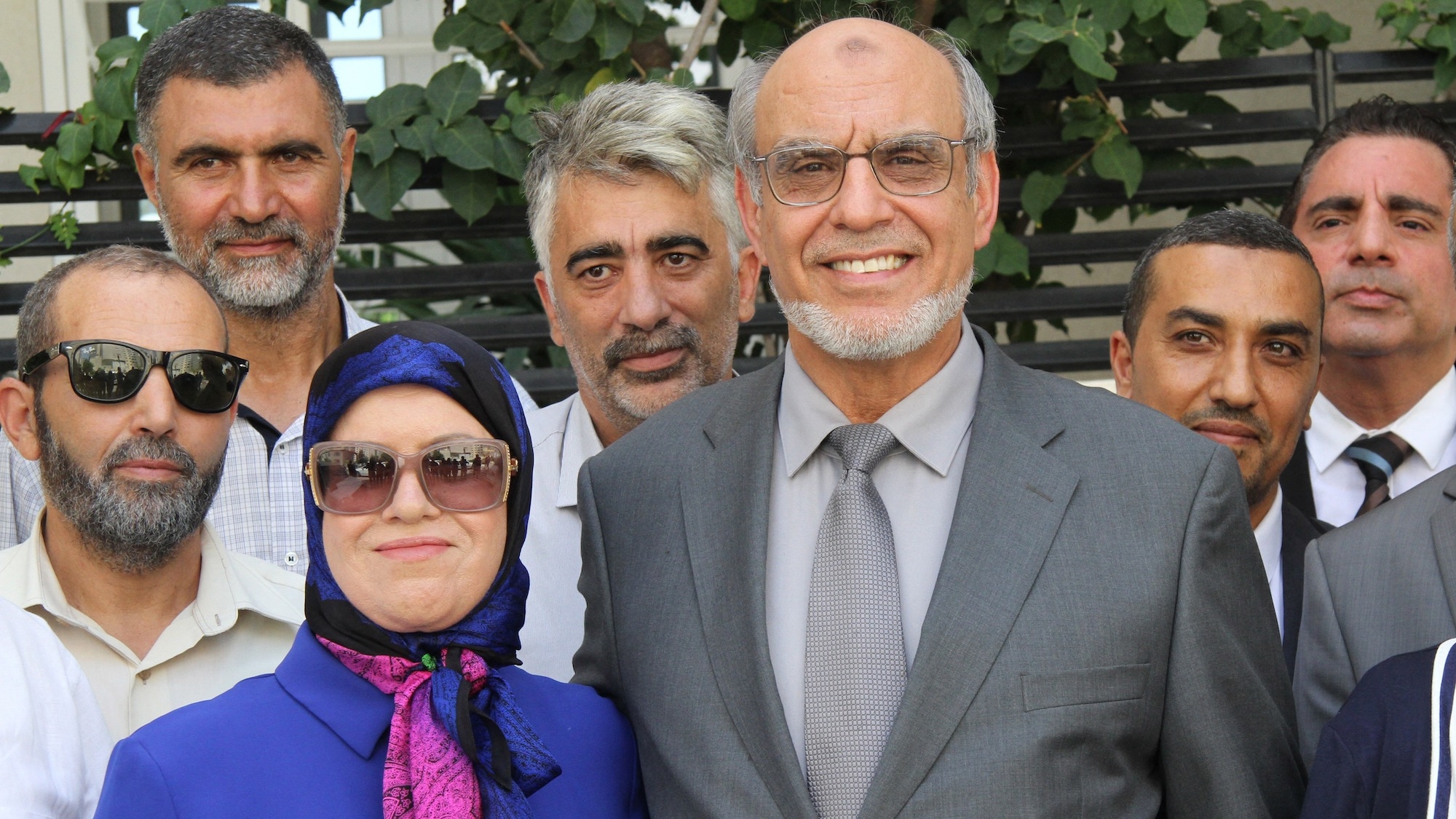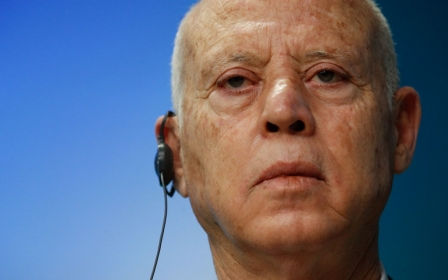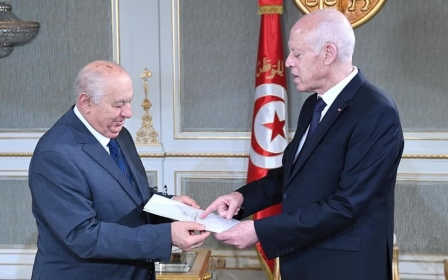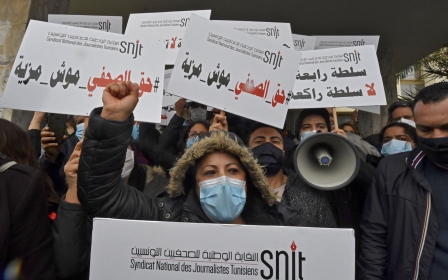Tunisia: Police arrest ex-prime minister Jebali on suspicion of money laundering

Tunisian police on Thursday arrested former prime minister Hamadi Jebali, who was also a former senior member of the Ennahda party, on suspicion of money laundering, according to his lawyer.
Police in the city of Sousse seized Jebali's phone and his wife's phone and took him to an unknown location, according to a statement by his family on Facebook.
Jebali's arrest raises further concerns over the country's human rights record since President Kais Saied seized executive powers last year.
The interior ministry declined to comment on Jebali's arrest. The ministry called a news conference for Friday, without giving any details.
Jebali's defence team said they had met him at the detention centre where he was being held.
New MEE newsletter: Jerusalem Dispatch
Sign up to get the latest insights and analysis on Israel-Palestine, alongside Turkey Unpacked and other MEE newsletters
"Jebali told us he will not answer the investigators’ questions and he entered into a hunger strike as the issue has a political motivation and nothing to do with money laundering," Jebali's lawyer Mokhtar Jemai told Reuters.
Ennahda was the biggest party in Tunisia's parliament before President Saied dissolved the assembly and seized powers last year.
Saied said the move was temporary and was needed to save Tunisia from what he saw as a corrupt, self-serving elite.
"The president is personally responsible for Jebali's physical and psychological well-being," his family said in the Facebook post, and called on civil society and human rights organisations "to stand up against these repressive practices".
Jebali, who was prime minister from December 2011 to March 2013, resigned following a political crisis.
Earlier this year, police detained Noureddine Bhiri, the vice president of Ennahda, for more than two months before releasing him without any charges being brought.
Saied's opponents say he is waging a campaign through the police and the judiciary to target his opponents, a charge he denies.
Middle East Eye delivers independent and unrivalled coverage and analysis of the Middle East, North Africa and beyond. To learn more about republishing this content and the associated fees, please fill out this form. More about MEE can be found here.




